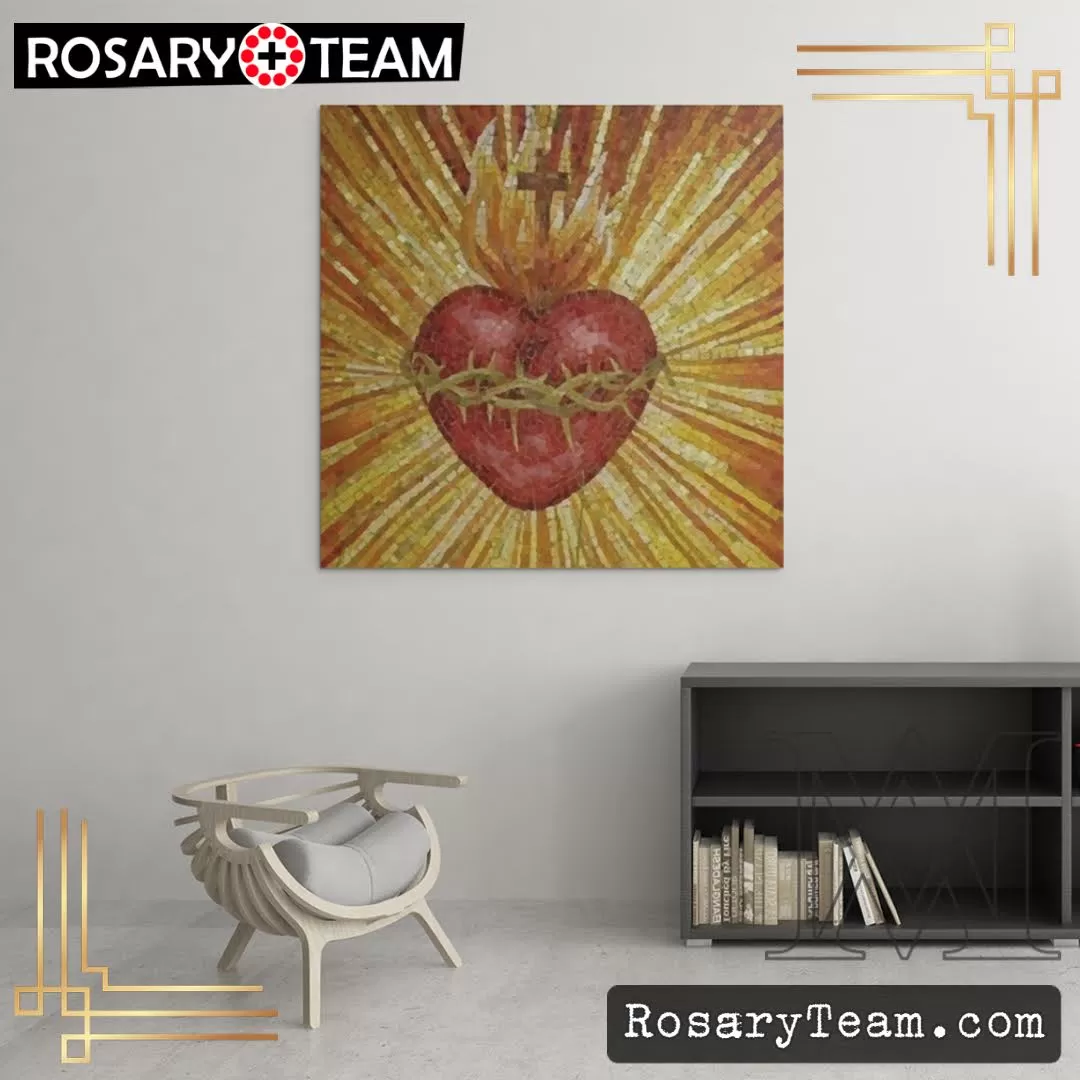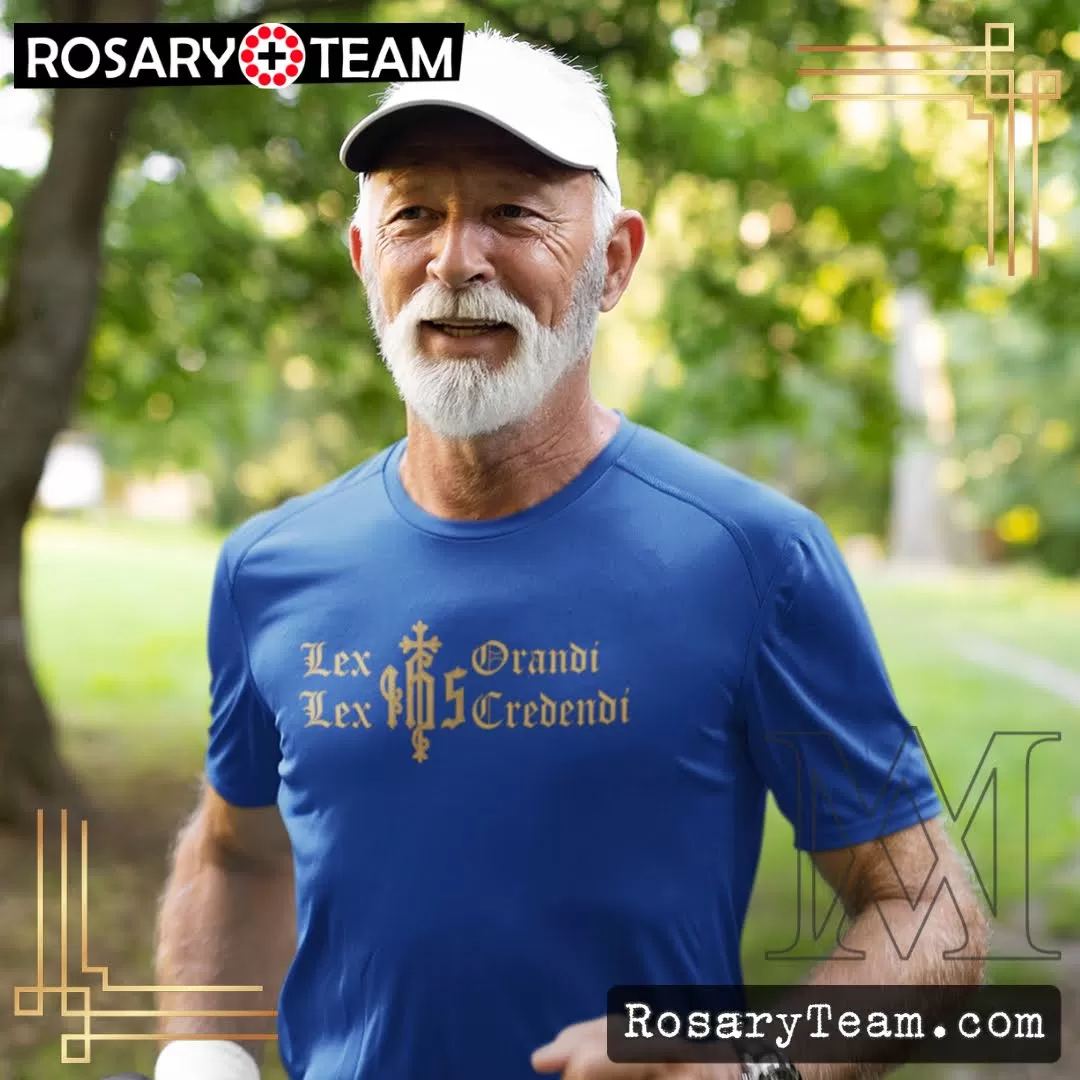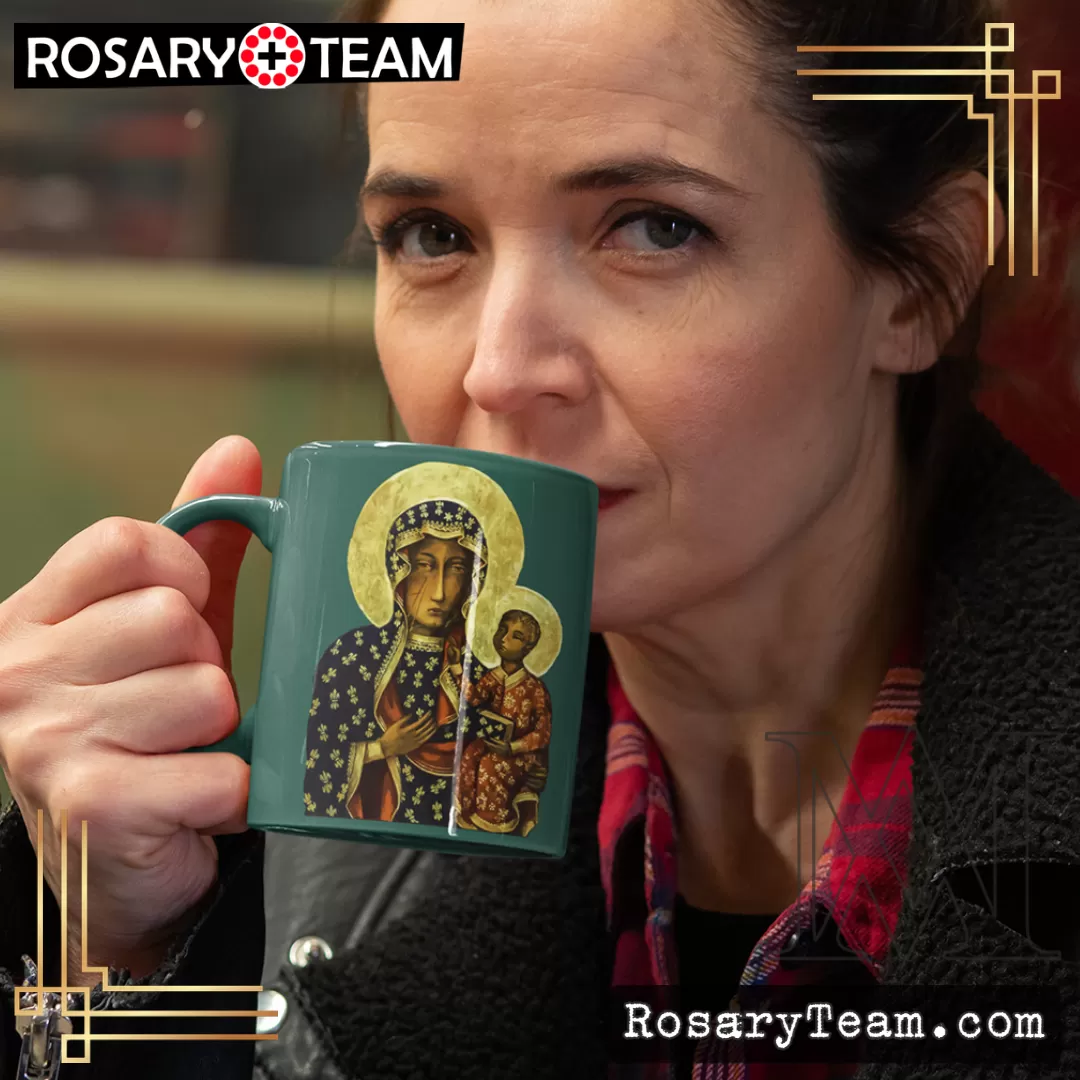Here I find all good shepherds in the one shepherd (Jn 10,14). Good shepherds are not lacking, but they are in the one. To speak of many implies division… If the Lord entrusted them at the time we speak of, it was because he found Peter: indeed, in Peter himself he recommended unity. There were many apostles, but to one is said: “Feed my sheep”… When he entrusted his sheep to Peter, as one to another, he wished to make him one with himself, and so to entrust the sheep to him as to be himself the Head, while Peter assumed the figure of the body (Col 1,18)… What, then, does he first say to Peter, in order to entrust the sheep to him yet avoid entrusting them as if to another? “Peter, do you love me?” And he answered: “I do love you.” And again: “Do you love me?” And he answered: “I do love you.” And a third time: “Do you love me?” And he answered a third time: “I do love you.” He makes sure of love so as firmly to establish unity. Jesus, the one shepherd, feeds his sheep in these shepherds, and they in the him… It was not because of a scarcity of shepherds (as though the prophet were foretelling bad times to come) that he said: “I will feed my sheep myself” as though he had no one to whom to entrust them. Even when Peter himself was alive, and the apostles were still alive in the flesh, he, the one in whom all the shepherds are one reality, said: “I have other sheep, that are not of this fold; them also must I bring, that there may be one flock and one shepherd” (Jn 10,16). So let them all be in the one shepherd, and speak with the one shepherd’s voice… All should him speak with the one voice, and not with different voices. “I beseech you, brethren, that you all say the same thing, and there be no divisions among you” (1Cor 1,10). Let the sheep hear this voice, cleared of all division and cleansed of all heresy, and let them follow their shepherd as he says: “Those who are my sheep hear my voice and follow me” (Jn 10,27).
maronite readings – rosary,team
















![Wednesday, May 10 : Joseph Cardinal Ratzinger [Pope Benedict XVI] Wednesday, May 10 : Joseph Cardinal Ratzinger [Pope Benedict XVI]](https://rosary.team/wp-content/uploads/2021/08/Adobe_Post_20210815_2140270.5846340526504564.png)






